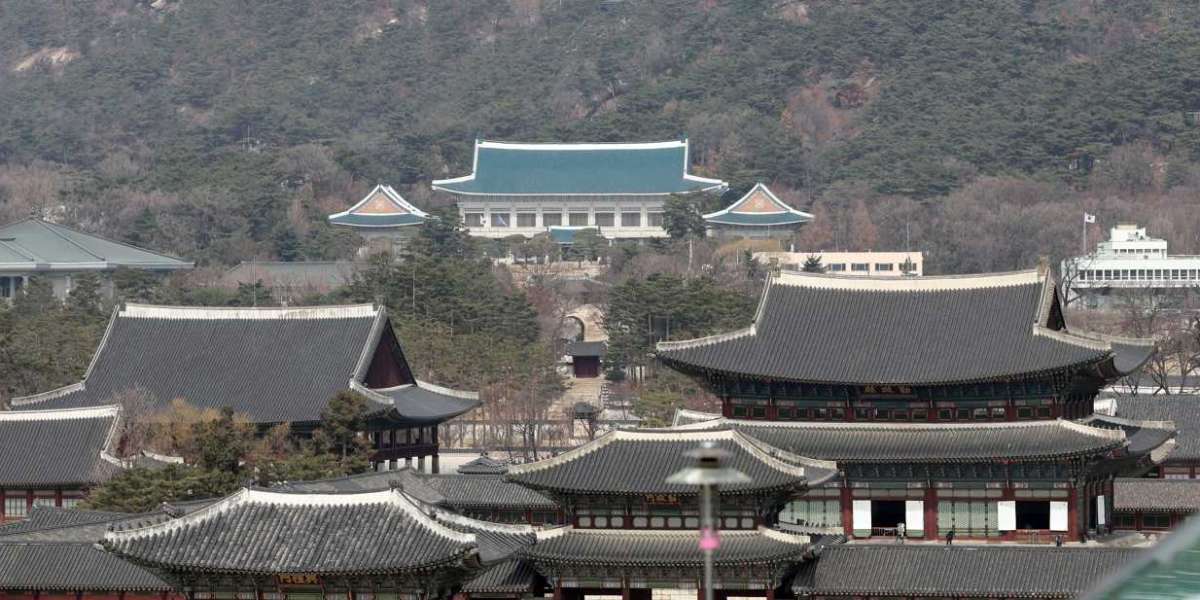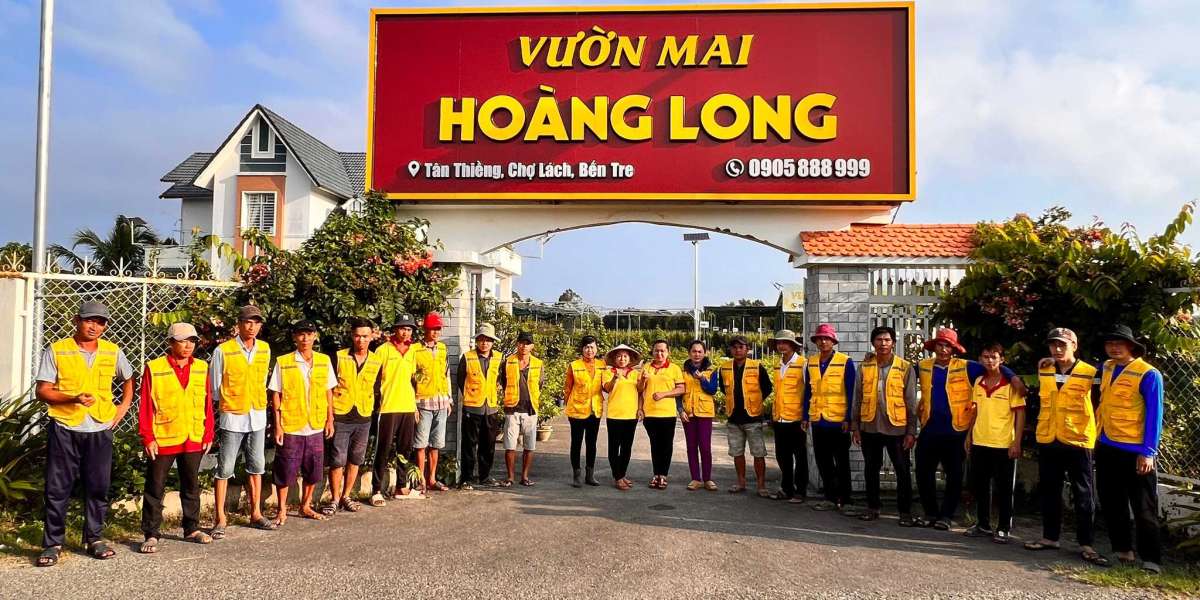In order to fulfill a campaign pledge, President-elect Yoon Suk-yeol and his advisors are planning to transfer the presidential office from its current location in Cheong Wa Dae to a government facility near the Gwanghwamun neighborhood in downtown Seoul.
One of the first things Yoon would pursue as part of his presidential transition team, which will formally open within the next two weeks, will be the completion of the project, according to Yoon. The group is projected to consist of over 200 members, including several specialists and government officials who were involved in Yoon's campaign.
Yoon plans to begin his five-year tenure at the government complex, where it is anticipated that he would take up residence in the prime minister's office. It is planned that the prime minister's office would be moved to the government complex in Gwacheon, Gyeonggi Province, after that.
In accordance with the People Power Party, Yoon is prepared to establish a task force dedicated to managing the relocation of the presidential office building. Yoon has promised voters the initiative since he entered the presidential contest as a prospective flagbearer for the People Power Party, which he joined in the first round of voting.
Yoon sees Cheong Wa Dae as a symbol of emperor-like presidential authority and a roadblock to political reform, according to the analyst. In moving to an existing government building, the Yoon administration would be able to overhaul that image and reinforce the idea that the presidential office is no different in terms of appearance and size than any other state-run agency.
The presidential committees will also be located within the Seoul complex, and Yoon may choose to live in Samcheong-dong in Seoul in order to be near to the presidential office and the presidential office complex.
However, substantial conversations must take place regarding how security services will be supplied and what extra facilities will be required to ensure that the presidential office can operate efficiently and without hindrances throughout the transition. The initiative would also need consultation with members of the general public.



